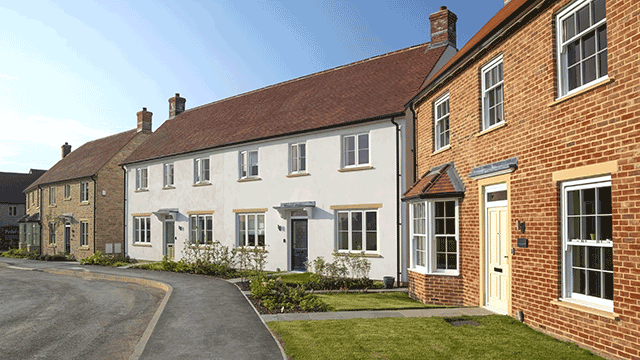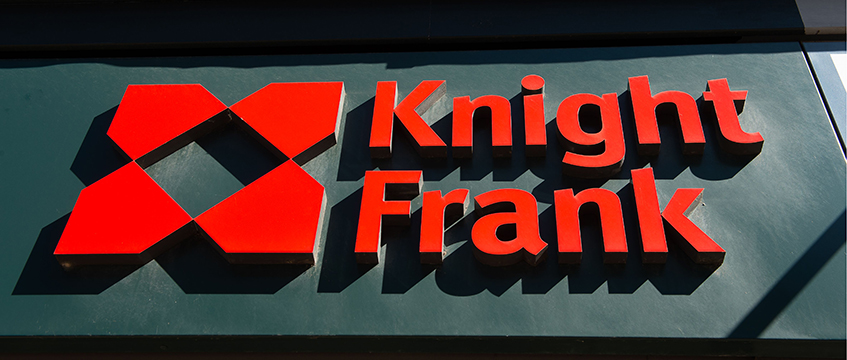Bankruptcy – Debt – Assignee – Sale of property – Claimant assignee of rights of action in relation to debt applying for direction ordering defendants to sell home to pay debt due – Appeals pending against prior decisions relating to same debt – Whether claimant entitled to recover assigned bankruptcy debt before pending appeals determined – Application dismissed
The claimant applied for a direction that a residential property known as Sandpipers Lodge, Afton Road, Freshwater, Isle of Wight, which was the home of the defendants, be sold to pay a debt. The claim was principally for repayment of the sum of £310,320 but, alternatively for “restitutionary remedies on a proprietary basis”. In practice that meant tracing the sum claimed into the purchase of the property of which they were the registered proprietors. The defendants said they believed the money had been a gift for the purchase. The claim to trace was made on the basis that the sum had been made available to the defendants to buy their home in breach of the terms of a trust from which it apparently came, said to have been created by a partnership in which B held a 99% interest. The claimant was alleged to be the assignee of the rights of action in relation to the money.
The defendants were both adjudicated bankrupt on the petition of B based on their failure to pay a costs order made in his favour in a separate claim in the sum of £75,000. The same trustee in bankruptcy was appointed in relation to both defendants. They were automatically discharged from bankruptcy under section 279(1) of the Insolvency Act 1986 after one year but their assets remained vested in the trustee in bankruptcy for the purpose of paying debts. The property was in a special position as their only home. By section 283A(2) of the 1986 Act, to the extent that it belonged beneficially to the defendants at the time of bankruptcy, it would revest in the defendants after three years from the twin adjudications unless the trustee in bankruptcy applied for an order for possession or to sell it. So far he had not done so.
Two days after the adjudications, the claimant applied for summary judgment on the proprietary part of the claim. In the absence of the defendants, the deputy master granted a declaration that the claimant was entitled to trace into and claim the beneficial interest in the property and ordered the defendants to execute a Form TR1 transferring the legal title to the claimant. The defendants refused to execute the transfer. The claimant issued a fresh application for orders that the defendants’ trustee in bankruptcy be joined and ordered to execute the TR1. The court held that the legal title in the land was still vested in the defendants as trustees, and that the trustee in bankruptcy had no interest in it, legal or equitable. The claimant, being entitled only in equity, and without ever have been in possession of the land, was not entitled to possession as against the defendants as legal owners. Permission to appeal was granted on both points. The defendants obtained permission to appeal the order of the deputy master out of time. The claimant appealed the court’s decision not to award possession to the claimant. Both appeals were to be heard together and were pending.
Held: The application was dismissed.
(1) The present application was intended to enable the claimant to recover the assigned bankruptcy debt even before the two pending appeals were determined. The claimant said that, regardless of what happens on those appeals, the equitable ownership of the property could not be in the defendants. If the defendants’ appeal succeeded, the equitable interest was in the claimants at the time of the bankruptcy and had vested in their trustee in bankruptcy. Pursuant to section 303 of the 1986 Act, he could be directed by the court to seek a sale of the property under the Trusts of Land and Appointment of Trustees Act 1996 for the purpose of realising the money needed to repay the debt now apparently due to the claimant. If defendants’ appeal failed and it was determined that the equitable interest was in the claimant rather than the defendants at the time of the bankruptcy, the claimant was entitled to apply for an order for sale anyway and, being the sole beneficiary, would expect to succeed.
(2) The question was whether the court should wait until the appeals were disposed of, in order to see what happened. If the court acceded to the application, the defendants would have to vacate the property as and when a buyer was found, if not earlier. It was their home, so they would have to find somewhere else to live, and move all their possessions. If on the other hand the application was refused, the claimant would be kept out of its money, or out of its beneficial entitlement to the property (as the case may be), until the appeals were decided. On the appeals, it might turn out that the defendants were successful, and the claimant had a beneficial interest in the property at this stage, in which case they would still have to pay the bankruptcy debt in order to be able to remain in the property. But they had said they would do that. If they were unsuccessful and the claimant had a beneficial interest, they would ultimately have to vacate the property.
(3) Balancing the one against the other, greater justice was achieved by allowing the defendants to continue in possession of the property pending the hearing of the appeals. The harm to the defendants in ordering sale now, if ultimately they were successful, was far greater than the harm to the claimant in not doing so if ultimately it was. The right to respect for the home in article 8 of the European Convention on Human Rights added weight to that conclusion. Accordingly, the application was dismissed.
Thomas Grant QC and Stephen Hackett (instructed by Johnsons Solicitors) appeared for the claimant; Benjamin Hawkin (instructed by the Bar Pro Bono Unit) appeared for the first and second defendants; The third defendant did not appear and was not represented.
Eileen O’Grady, barrister
Click here to read transcript: Hawk Recovery Ltd v Hall and others









